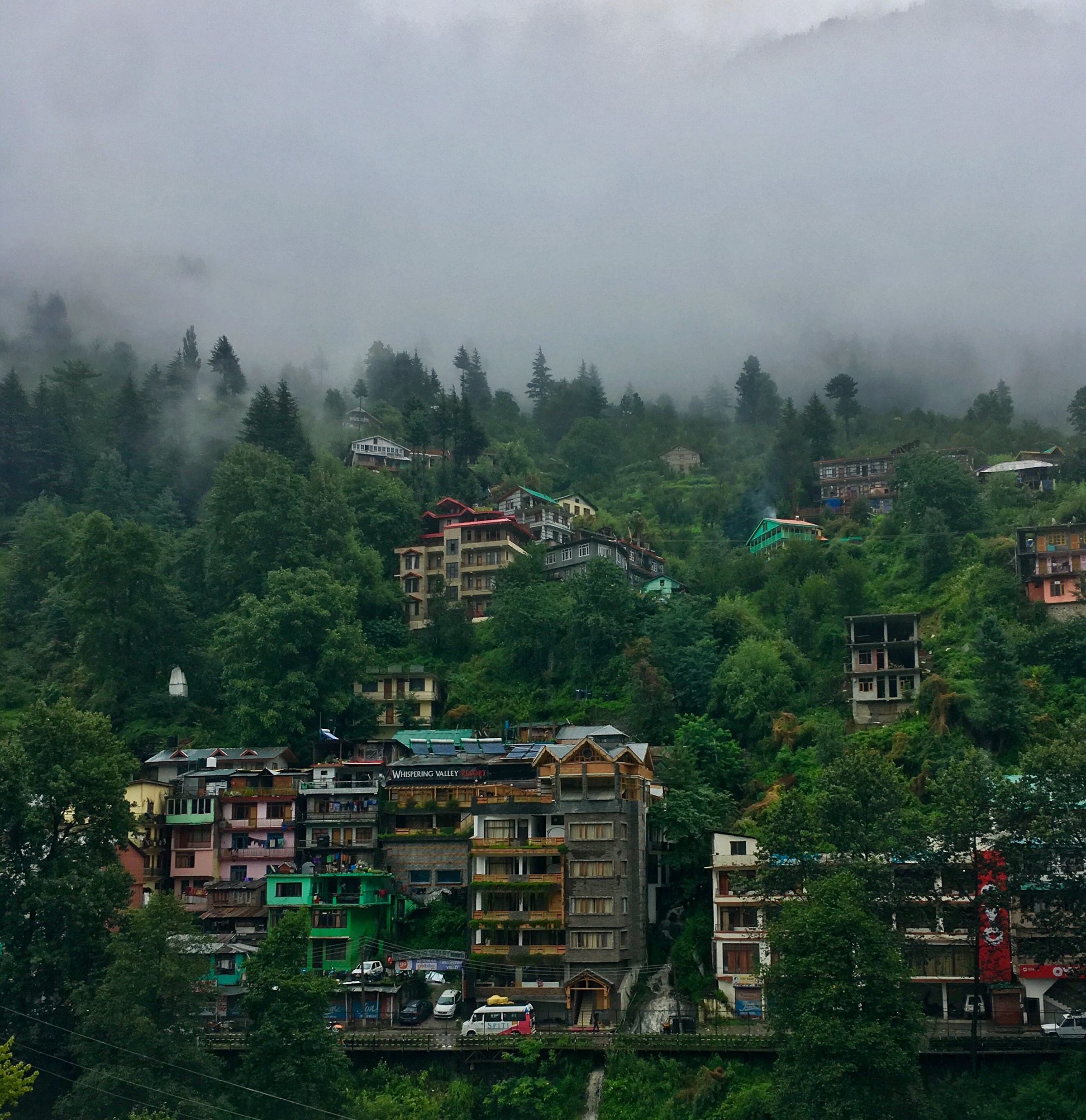Climate Informed Settlement Planning
Course Name: Climate Informed Settlement Planning
OCW type: Course
Higher Education Institution: School of Planning and Architecture (SPAB), Bhopal

Description of course
Aim: The course intends to understand implications of climate change in settlement planning and explore various emerging theoretical frameworks to build resilience of settlements.
Course Objectives:
- To develop understanding for basic concepts related to climate change and resilience of settlements
- To explore various strategies (mitigation and adaptation) to address climate change impacts
- To explore different ways to identify climate change stresses being experienced by the city.
- To examine various emerging theoretical frameworks relating to building resilience to climate change related stresses and its application in a field-based exercise.
Learning Outcomes:
- Conversant with emerging adaptation and mitigation strategies along with various resilience frameworks for its application in live projects.
- Conversant with the national and international covenants related to climate change.
- Able to identify stresses confronted by a settlement due to climate change.
- Able to apply theoretical frameworks through spatial planning interventions for enhancing resilience of settlements.
Course Structure
Course Duration: 16 weeks
Course Frequency: Every Year
Course Format:
Theory (Core Course)
- The lecture sessions are to be used to introduce essential and methodical aspects.
- Reading assignment to develop an understanding of the current challenges due to climate change.
- Field explorations as primary research.
- Case studies-based co-learning through discussion.
- Students to explore theoretical constructs related to climate change resilience to develop a conceptual exploration around it.
- Output linked with the case studies framework. Emphasis on the applicability of the three separate methodologies developed from BReUCom (SPAB) case studies.
Course Content
Prerequisites for participation:
Compulsory Core course as a part of regular curriculum of second semester Master of planning (Environmental Planning) programme, so all students are required to attend.
Course Syllabus:
Lectures on the following topics:
- Understanding Climate Change
- Mitigation and Low Carbon Development
- Adaptation Strategies and Climate Change Resilience
- Climate Change Resilience through Socio-Ecological Sustainability
- Building Climate Change Resilience
Course Assignments: Tasks, homework, tests, expected activities of students, etc.
Expected time spent on course:
Time spent in hours: Three hours per week for 16 weeks plus additional hours spent on field work
Time spent in ECTS (European Credit Transfer and Accumulation System): 2 ECTS
Course Grading
Assessment Criteria and Distribution of Marks:
|
Stages & Details |
Percentage of Total Marks |
|
|
Continuous Assessment during conduction of Course |
||
|
Discussion on Article reading Assignment |
The Evaluation was on Participation in the discussion; Understanding the contents; type of Question formulation and comments during the discussion |
10 |
|
Article review of 100 words |
Adapting to climate change in rapidly urbanizing river basins |
5 |
|
Multi-criteria decision analysis in policy-making for climate mitigation and development |
5 |
|
|
Agro-ecosystem based sustainability indicators for climate resilient agriculture in India (This paper is to understand the approach adopted for identifying indicators) |
5 |
|
|
Online Test on Understanding of Climate Change Resilience through Socio-Ecological Sustainability |
Resilience concept |
10 |
|
City-Resilience-Framework |
||
|
Socio-ecological resilience (Scanned copy of two chapters) |
||
|
Vulnerability and Adaptation Assessment of Bundelkhand region for climate Resilient Development |
||
|
City-Resilience-Framework |
||
|
Mainstreaming Climate Change Adaptation in Policy Making: A case of Bundelkhand region for climate Resilient Development |
||
|
Field Study based exercise on ‘Building Resilience to Climate Change Stresses’ |
1. Analysing Climate change impacts and corresponding stresses for an area confronting urban transformation in peripheral areas of Bhopal city. 2. Analysing socio-ecological factors influencing the climate change stresses through field study 3. Identification of challenges towards building resilience to climate change stresses 4. Using various resilience frameworks suggesting mechanism for building resilience of the identified area
|
15 |
|
End Term Examination |
||
|
End Term Examination |
Written examination of three hours (Format may change as per directives of MHRD for conducting exams due to COVID-19) |
50 |
|
Total |
|
100 |
Course Evaluation
Evaluation Procedure & Criteria:
Fifty percent weightage is to continuous assessment during the conduction of course, This has to be done through assignments and tests. Fifty percent weightage is assigned to performance in written exam (for theory subjects) at the end of semester. Descriptive and objectives questions are asked to test the knowledge attained in the subject.
Faculty Evaluation:
Faculty performance is evaluated through online students’ feedback towards the end of semester on the basis 13 questions.
Student Evaluation:
Participation in the discussion after lectures; Participation in field work; Performance in the assignment and tests.